The Master of Commerce is the largest postgraduate program at the University of Sydney Business School. This program has a very high proportion of international students who aim to achieve a quantitative major and will always choose to do the foundation unit QBUS5001 Quantitative Methods for Business in their first semester of study.
some international students may still face a lot of problems, such as loneliness, homesickness, lack of confidence and support, and find it hard to adapt to a new culture and a new way of studying in a short period of time
Although the Business School runs Peer Assisted Study Sessions (PASS) to support learning, some international students may still face a lot of problems, such as loneliness, homesickness, lack of confidence and support, and find it hard to adapt to a new culture and a new way of studying in a short period of time (transition problem). In 2015, Dr Boris Choy, Senior Lecturer in Business Analytics, instituted a Peer Learning Group (PLG) initiative in his course QBUS5001 Quantitative Methods for Business . PLG is a “Let-Students-Help-Students” project that complements PASS.
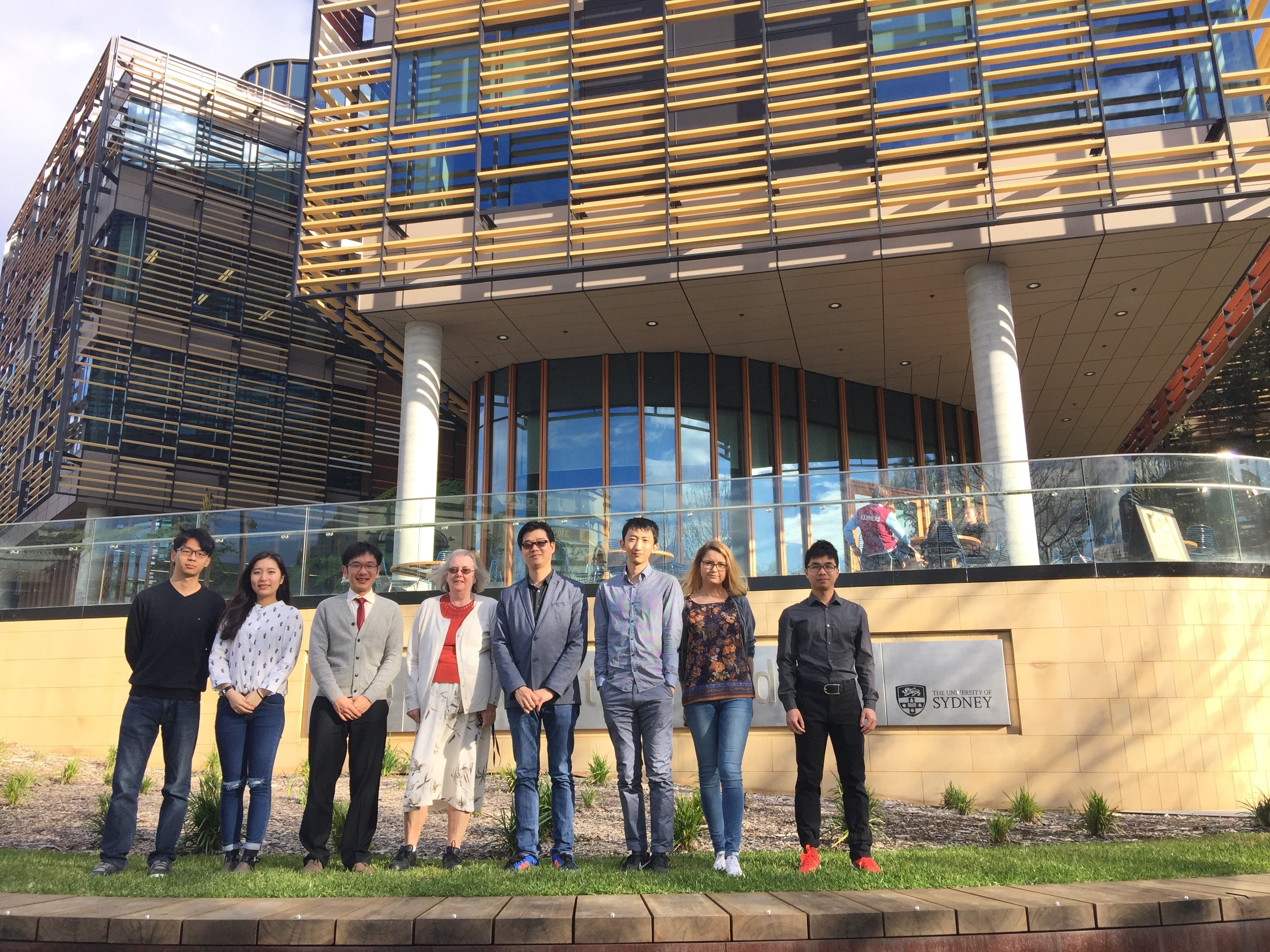
Dr Choy emailed all students in QBUS5001 to call for PLG leaders and PLG members which resulted in 14 leaders and 43 members recruited. Leaders were students who had a relatively good academic background in the subject and who were eager to volunteer and help members. Members were students with little or no quantitative methods background. Each PLG organised its regular weekly meetings to discuss materials covered in lecture that week and the team was encouraged to have social gathering to overcome loneliness and foster their friendship. The feedback from both leaders and members were very positive.
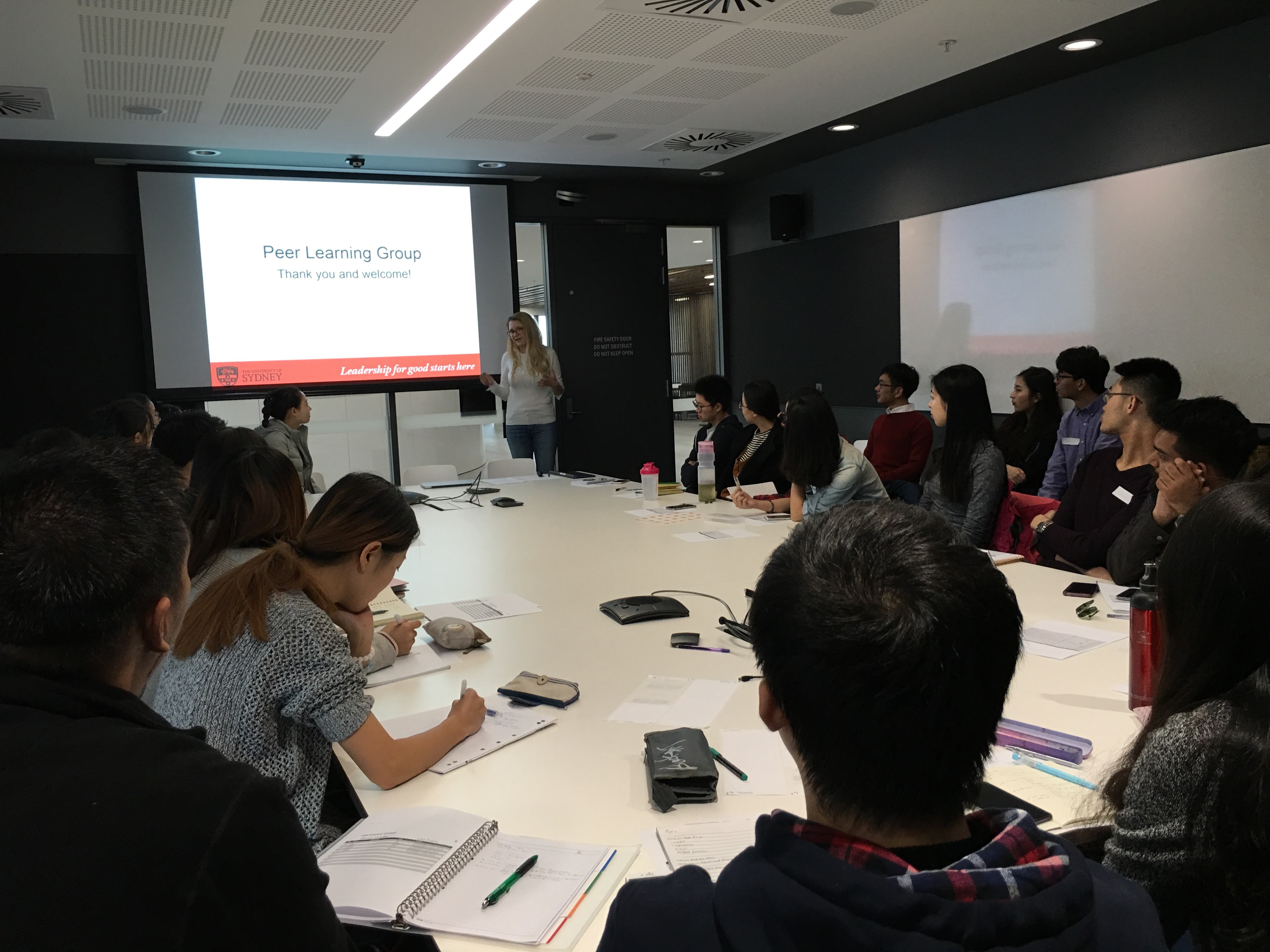
PLG became a Business School’s Educational Innovation and Development project in 2016 which was overseen by Dr Choy and Dr Dancer. This service was extended to cover QBUS5002 Quantitative Methods for Accounting, the second largest postgraduate unit in Business Analytics. Some very enthusiastic leaders from the 2015 PLG were invited to join the PLG project team as facilitators to help with the operation and provide training to PLG leaders. Over 200 students enrolled in the PLG in Semester 1, 2016 and the enrolment number surged to over 350 in Semester 2, 2016. This project is supported by the Discipline of Business Analytics in 2017.
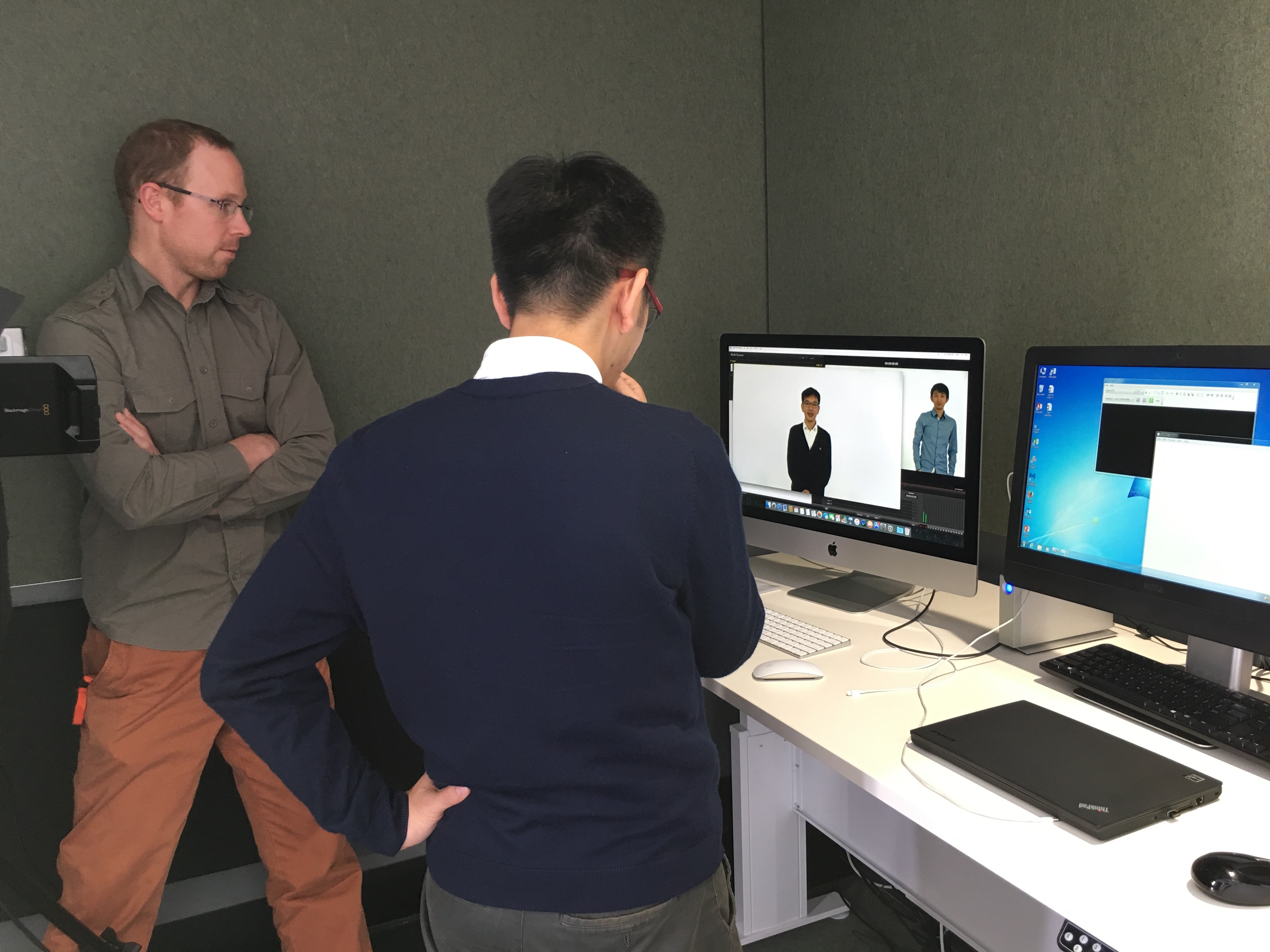
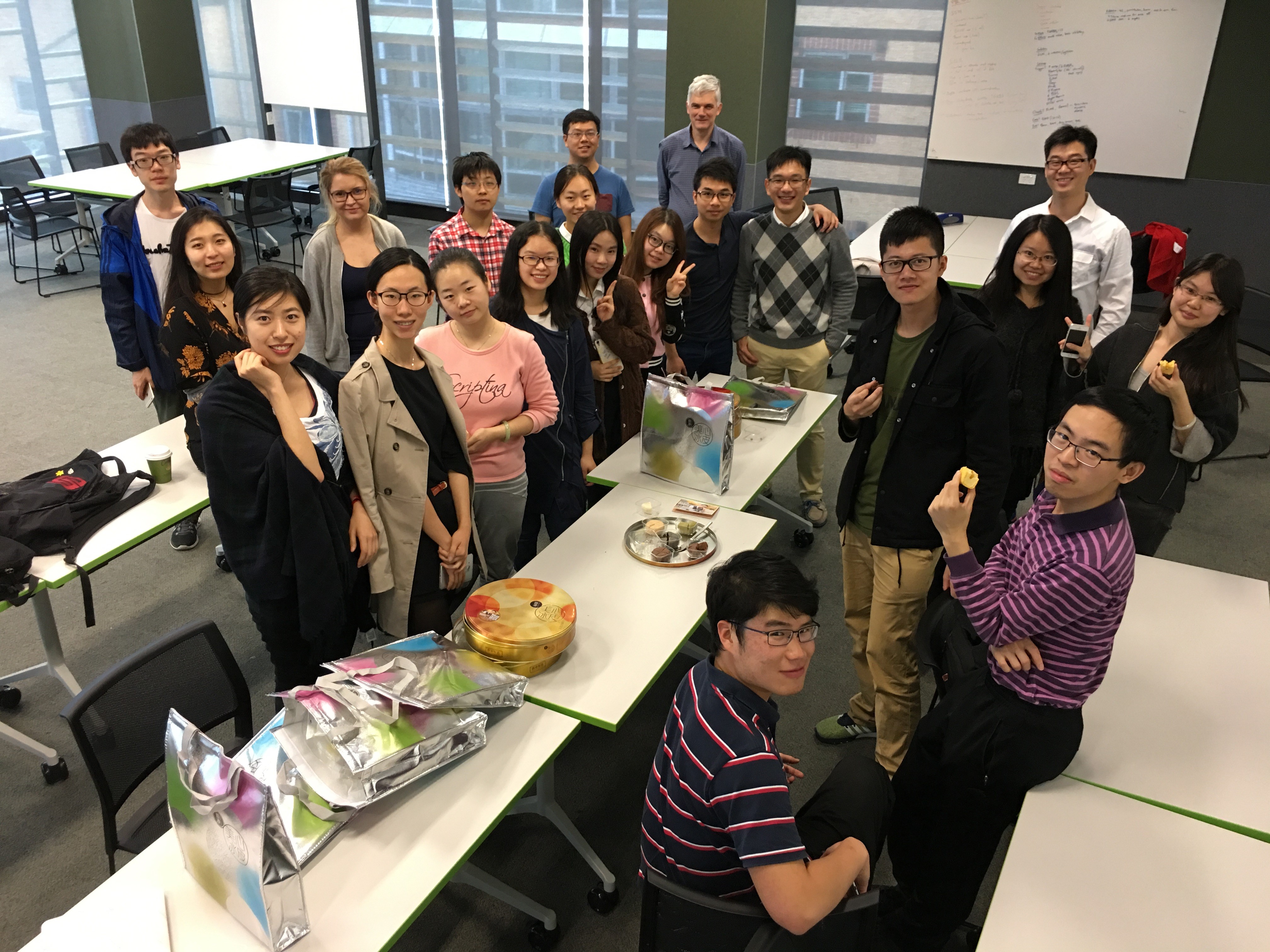
Peer Learning in Business – A social event to celebrate the Moon Festival
Dr Choy emailed all students in QBUS5001 to call for Peer Learning Group leaders and members. This resulted in 14 leaders and 43 members recruited.
Outcomes
An online survey was conducted to study the outcome of the PLG project. Several benefits were
- Benefits to facilitators: Improved leadership, communication, organisation and mentoring skills.
- Benefits to leaders: Improved presentation, communication and leadership skills; Self-discipline to push themselves to study harder; Have deeper understanding of the content of the unit through explaining the methods in their own words.
- Benefits to members: Feel more relaxed and open to ask questions; Gain confidence in spoken English; Improved problem solving skill; Set a high goal and perform better; Information sharing; Receive peer support to overcome loneliness.
About the teaching team
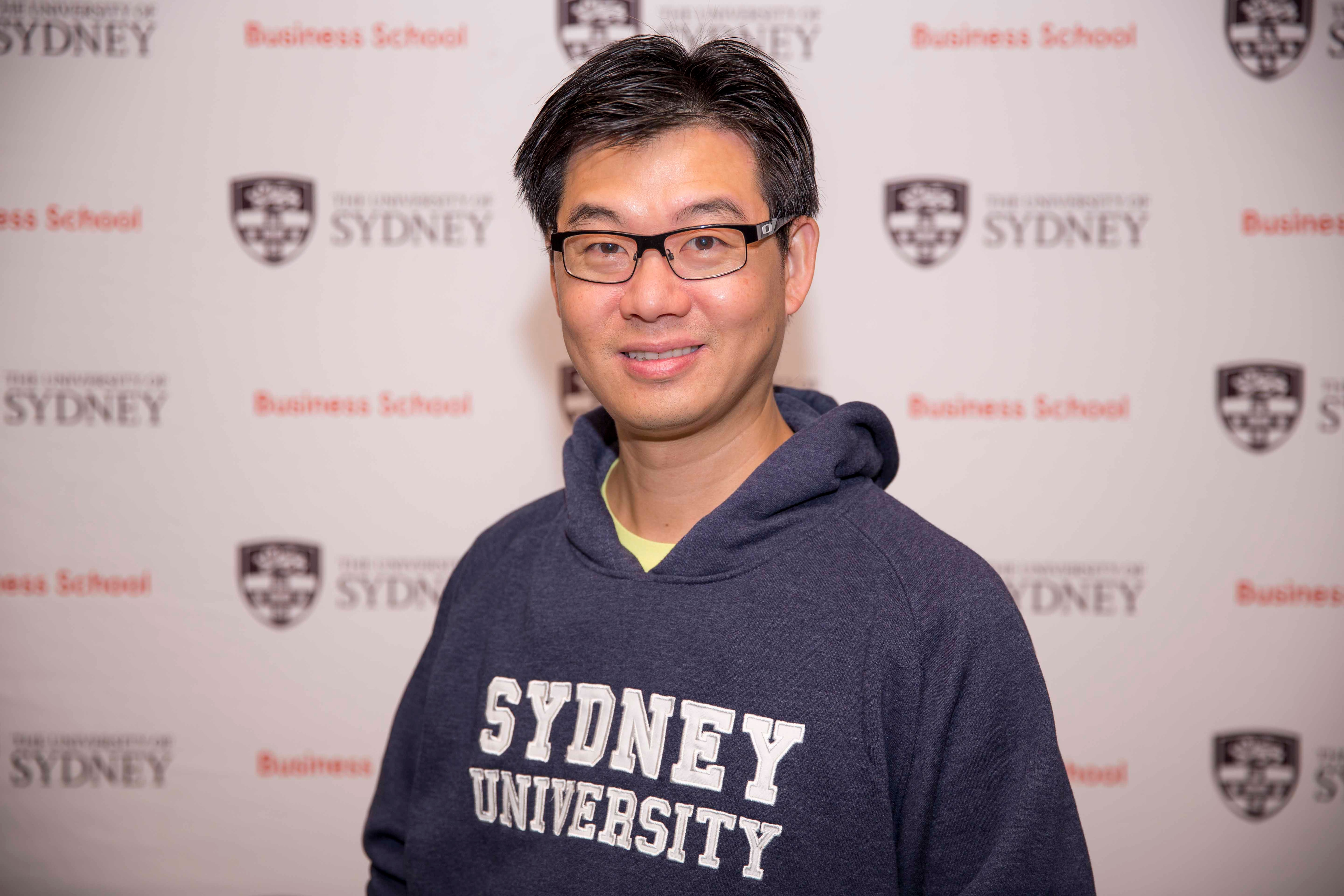
Dr Boris Choy received his PhD in Statistics from Imperial College London, MPhil in Statistics from the Chinese University of Hong Kong and BSc. (First Class Honours) in Mathematics from the University of Leeds. Boris Choy’s main research interests focus on robust statistical analysis of financial time series data and insurance data using heavy-tailed distributions via Bayesian computational methods and scale mixtures density representation. Boris Choy received a Discipline Teaching Excellent Award in 2010, an inaugural University of Sydney Business School Students’ Choice Award for Teaching in 2013, the Wayne Lonergan Outstanding Teaching Award in 2015, an inaugural Vice-Chancellor’s Award for Outstanding Teaching in 2016 and a number of Dean’s Citation for Teaching awards.
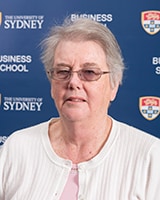
Dr Diane Dancer areas of research and interest are in economics education research, limited dependent variables, applied econometric modelling, demography and international comparisons using cost functions. Diane’s economics education research uses econometric techniques to predict educational outcomes and the implications for universities with respect to policy issues. The major research area is to model the performance and progression of first year students. One aspect of this research involves investigating the characteristics of different groups of first year students. For example, are the characteristics of the students who discontinue and the students who continue but ultimately fail the course significantly different?
Other aspects are to attempt to identify the key characteristics that distinguish between successful students and those who are not successful in a course and to investigate whether performance in different but closely related courses is affected by different student characteristics. This last example involves first year students in Economics and Econometrics. A current project, involving students in a Commercial Law course, investigates whether, for first year students, the Universities Admission Index is the best predictor of success in a course compared with the English marks from the Higher School Certificate.





